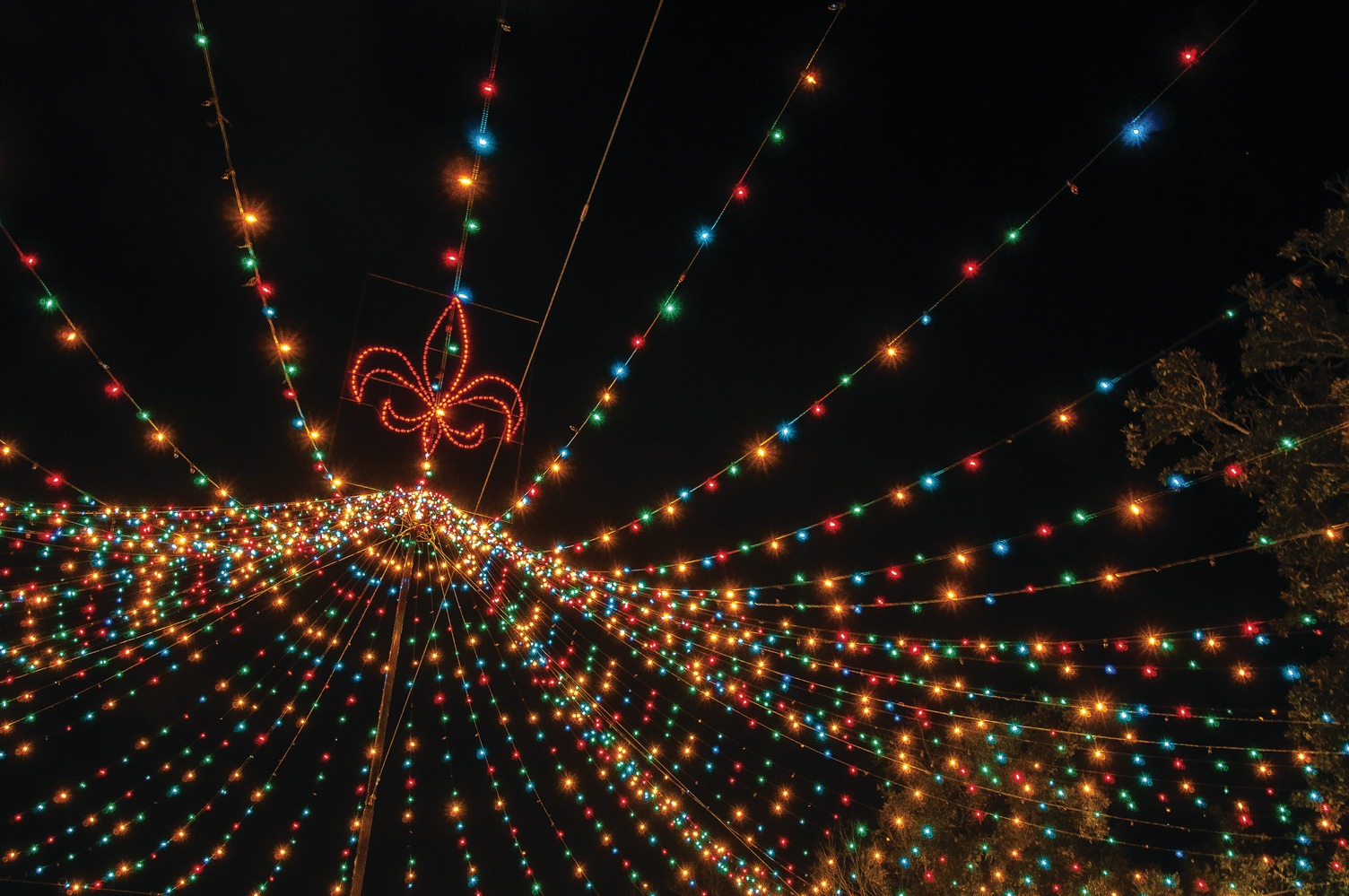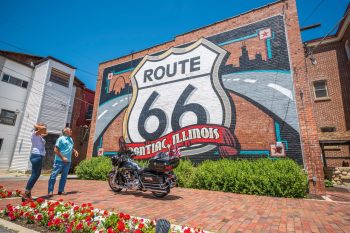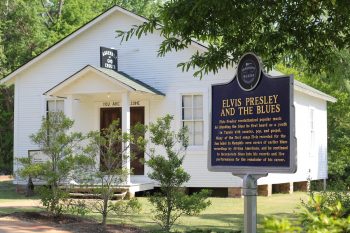Louisiana’s Cajun culture runs deep. The word Cajun popped up in the 19thcentury to describe the Acadian people of Louisiana. The Acadians were descendants of the French Canadians who were settling in southern Louisiana and the Lafayette region of the state. They spoke a form of the French language, and today, the Cajun language is still prevalent. The Cajuns had a large impact on Louisiana’s culture, bringing diverse cuisine, music styles and dialects to the region.
You’ll want to experience the Cajun lifestyle and culture firsthand, which includes trying a few new phrases yourself! Come on down to Louisiana and spend some time enjoying the diversity of Louisiana’s Cajun Country and maybe even try out a Cajun word or two. Check out the quick guide to Cajun sayings below and learn how to speak Cajun French.
When using the pronunciation guide, the (n) represents nasalized vowels.
Here are a few Cajun words and sayings you may hear when visiting Louisiana.
- Allons [Ah-loh(n)]: Let’s go.
- Ça c’est bon [Sa say boh(n)]: That’s good.
- Ça va [Sa va]: How are you? And it’s also the response “I’m well.”
- C’est tout [Say too]: That’s all.
- Cher [sha]: A term of endearment usually used with women, similar to “dear” or “sweetheart.” “Would you like another cup of coffee, cher?”
- Chevrette [she-vret]: Shrimp
- Cocodril [ko-ko-dree]: Alligator
- Courtbouillon [coo-boo-yon]: A rich, spicy tomato-based soup or stew made with fish fillets, onions, and sometimes mixed vegetables.
- Envie [ah(n)-vee]: A longing or hunger to do or eat something. Other Southerners might use the word “hankering” where a Cajun would use “envie”’ “I’ve got an envie for some boudin.”
- Fais do-do [fay doe-doe]: A Cajun dance party. (Also, an expression adults use when they want children to go to sleep.) “Will we see you at the fais do-do?”
- Filé [fee-lay]: Ground sassafras leaves used to season, among other things, gumbo.
- Frottior [froh-twahr]: A washboard or rubboard used as a musical instrument in zydeco and Cajun music.
- Gris-gris [gree-gree]: To put a curse on someone. Frequently used in jest, not in reference to actual black magic. “Grandma got so mad when I ate her pie, she put a gris-gris on me.”
- Honte [hont]: Embarrassed or ashamed. “I drank too much and fell into the bayou. Boy, was I honte!”
- Joie de vivre [Jhwa da veev]: Joy of living.
- Lagniappe [Lahn-yop]: Something extra.
- Laissez les bons temps rouler [Lay say lay boh(n) toh(n) roo lay]: “Let the good times roll.” With more than 400 festivals each year, this saying embraces the fun-loving nature of Louisiana.
- Minou [mee-noo]: Cat. “Get that minou off the table! It’s time for dinner.”
- Pauvre ti bête [Pove tee bet]: Poor little thing.
- Pirogue [pee-row]: A Cajun canoe.
- Ti (masculine) or ‘tite (feminine) [tee or teet]: The Cajun equivalent of “junior,” but placed before the name rather than after. “I had dinner with John and his son Ti-Jean.”
- Veiller [vay-yay]: To spend the evening talking with friends. Cajun equivalent of “to shoot the breeze.” “She was veiller with all her friends on the porch”
Not so difficult now that you know, right? Also, check out our guide to Louisiana’s culinary lingo. Now, when you head to a fais do-do, you’ll feel right at home!




